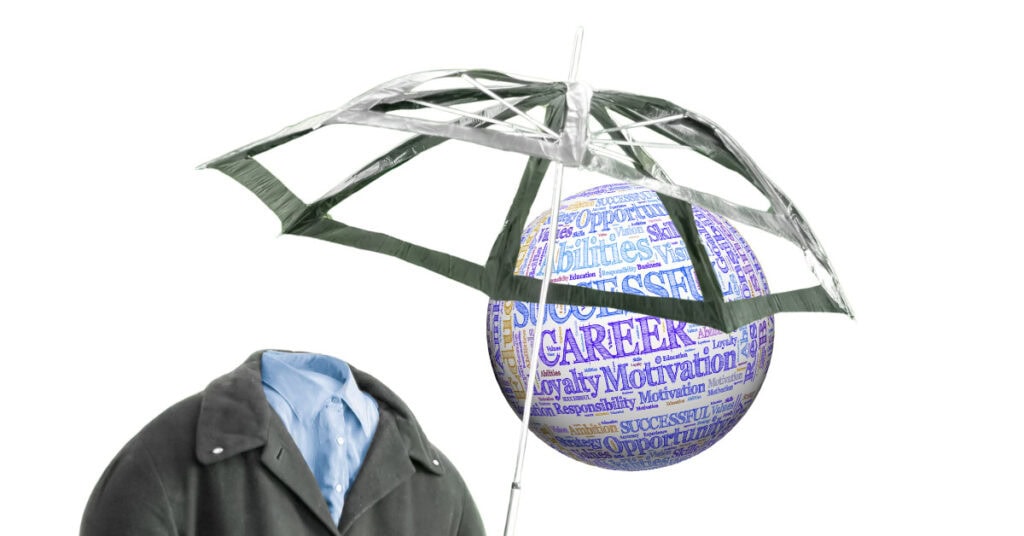The wrong kind of helping
Jim Connolly’s post today, Avoiding the No-Win Scenario, talks about issues I struggle with at times. He says:
One of the reasons people often make bad decisions, is that they put themselves into no-win scenarios.
Jim said that this is often due to worry. Though I will confess that I am not immune to worry, when I make bad decisions, it is because of my core nature of wanting to help others. This would be an admirable trait but in my case, it has often defeated my financial planning because in the helping of someone else, I bought something I “needed” but the need was either not eminent or there were less expensive options or other alternative services that I dismissed because I was helping.
Over your budget
For years, I “helped” the major account sales person and the company he represented by buying office equipment way over my budget and needs. I did need quality printers for both my resume business and for the non-profits that I managed or coordinated, or so I thought.
It took quite a few years before I let myself look seriously at outsourcing options. Printing newsletters, brochures, and other information in-house never helped me or the non-profits. Outsourcing to a printer would have decreased my budget and the non-profits’ expenses.
Ironically, at the same time I was spending too much money on printers, toners, and service contracts, the owner of the office supply company put up billboards with the message buy from him because his boys were growing up and they needed to go to college. Right…
I’ve been re-evaluating that “helping” tendency lately.
I am not an impulse buyer, I am a rationalizing buyer. I rationalize how if I buy X, I will help A.
I have a friend who has been coaching me for years on why this “helping” strategy doesn’t really help. He recently gave me this advice.
When the friend of a friend or business wants to upsell us, we quietly pay to keep from possibly offending at the expense of our pocket book and budget. There is nothing at all wrong with saying, “thanks for letting me know about the more expensive car or home repair, but I don’t think that is in my budget right now. Let me get back to you when it does make sense for me at that price point.”
If you sometimes struggle with the wrong kind of helping, perhaps this post will help you think differently or realize alternatives. For me, the printer dilemma was solved when another friend commented,
Boy, do you realize that for the price you are paying for the lease and service contract of the more expensive printer in one year, you could buy 7 printers and just throw them away if they failed.
That stuck.
Now I need to keep all of this in mind and until it is ingrained, sit on my hands and my wallet only buying the things I really need to reach my goals at the right price points. I am certainly not suggesting you never buy anything or live miserly, just examine the “whys” of your purchases.
Helping is my issue. For other people, as Jim noted, it can be driven by worry. For others, it can be driven by no fiscal forethought at all, total impulse buying driven by the current “want”.
I admit that this post is really for Julie. I wrote it to make me keep focusing on my goals and not being tempted to “help” someone when it doesn’t help me in the long run. But I suspect that I am not the only one who does this.
How about you? Do you struggle from the “wrong kind of helping?” or is something else stalling your progress toward financial freedom?
2 Comments
Resume Design and Job Seeking Tips
Here are Design Resumes' latest articles on job search, resume design, resume writing, and Linkedin optimization articles I've written.
Julie Walraven
Professional Resume Writer
Here are ways I can help you land your dream job.
You may be halfway across the country or the world. When you work with me, we share coffee, laughs, and concerns. This turns the scary job search into creative, consultative writing and learning sessions.






When I consider purchasing something for whatever reason, I wait a couple of days or a week. I usually find that after waiting, I don’t really want it or “need” it anymore.
It’s hard when an admirable quality – being helpful – causes other problems for you. It would work best if *everyone* were helpful – then all good deeds would come back to you.
Thanks, Kim. See, that’s why I wrote the post. I do deliberate about things for often a very long time, months sometimes, but then I rationalize the “helping” and do it anyway.
I am never a “want” buyer. I have way too many “needs” to get to “wants.”